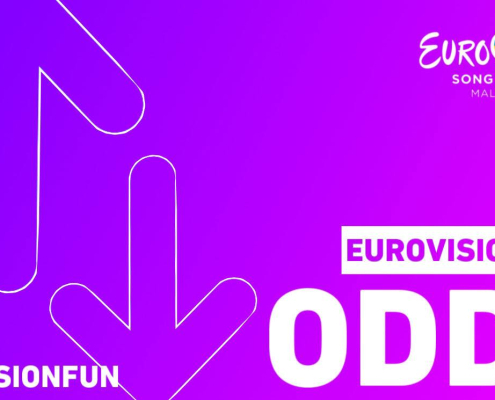
Sweden: The Eurovision facilities in Malmö are being vandalised!
/
1 Comment
There is no doubt that the protracted turmoil in the Middle East…

Israel: Eden Golan sings “Hurricane” live!
Shortly before the end of the KAN broadcast for the presentation…

Israel: Listen to “Hurricane” by Eden Golan for Eurovision 2024!
After submitting two songs recorded by Eden Golan, both of which…

Israel: The lyrics of “Hurricane” by Eden Golan!
The new lyrics for Israel's Eurovision entry has been revealed.…

Bets: The odds after the completion of the national finals!
A few hours have passed since the conclusion of the national…

Israel: Increased security measures will be implemented for Malmö!
Regardless the protests all around Europe calling out Israel's…

Israel: Eden Golan’s reaction to the approval of her participation by the EBU!
Just yesterday the EBU solemnly confirmed that Israel will be…

Israel: EBU approves “Hurricane” | Eden Golan will normally compete in Eurovision 2024!
In an official announcement, the Israeli public television (KAN)…

Belgian Minister of Culture and Media Calls for Israel’s Exclusion from Eurovision Contest
In a plenary session of the Parliament of the Wallonia-Brussels…

The impediments of Israel’s Eurovision 2024 participation seem to have been lifted
Up until today, there was uncertainty about Israel's participation…


